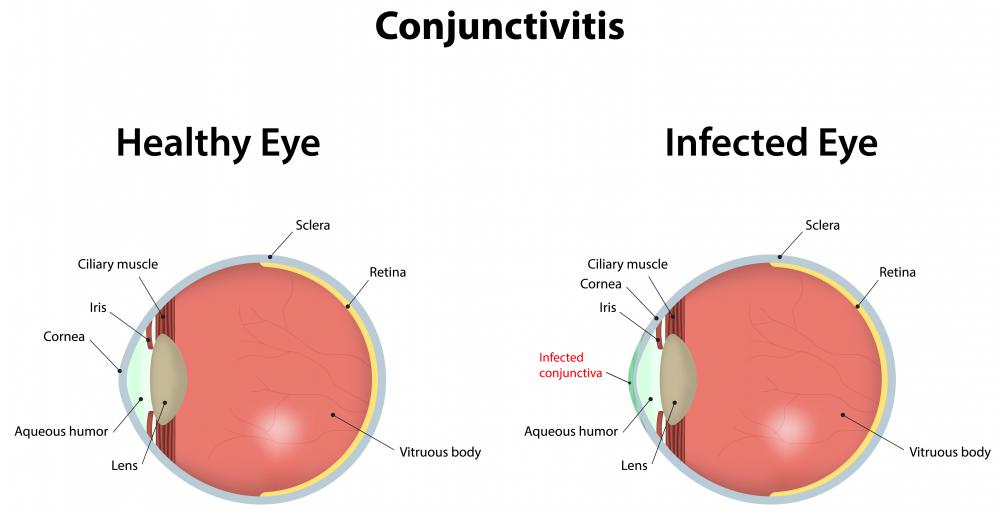At WiseGEEK, we're committed to delivering accurate, trustworthy information. Our expert-authored content is rigorously fact-checked and sourced from credible authorities. Discover how we uphold the highest standards in providing you with reliable knowledge.
What Are the Medical Uses of Phytolacca Americana?
Although Phytolacca americana is rightfully considered to be poisonous, it also has a rich history of use as a salad herb, a cleansing spring tonic, and a member of a class of powerful medicinal plants known as alteratives. Phytolacca americana is known by a wide variety of names that reflect the ubiquity of its use in all parts of the early United States; these include poke root, pocan bush, pokeweed, redweed, red ink plant, pigeon berry, garget, coakum, inkberry and American nightshade. It is still used cautiously by herbalists and wildcrafters, particularly in the southern United States and Appalachia, after being carefully processed to remove its toxic components. While the plant was used historically to treat serious conditions like cancer, syphilis, and diptheria as well as less serious conditions like conjunctivitis and scabies, in 2011 it is used predominantly in the treatment of cancers and other disorders of the blood, lymph, skin and liver. Due to the potential risks associated with the use of Phytolacca americana, it should only be used under the guidance of an experienced practitioner.
Contemporary research into the pharmacology of Phytolacca americana's many biologically active constituents has focused for the most part on its lectins, triterpenoid saponins, phytolaccosides and anti-viral proteins. In a study by the Parker Hughes Institute, the combination of an antibody (B43 or anti-CD19) with pokeweed antiviral protein (PAP) achieved unheard of levels of success as a B-cell specific cytotoxin used in the treatment of childhood leukemia. A similar line of research has been conducted for use as a treatment for acquired immune deficiency syndrome (AIDS) and human immunodeficiency virus (HIV). Schistomiasis, or infection by a parasitic snail species, has been historically difficult to treat with conventional medicines, but has also been responsive in some studies to treatment with derivitaves of Phytolacca americana. None of the drugs developed during the course of these studies have as of 2011 been approved for use by the United States Food and Drug Administration.

When the plant is used medicinally, great care must be taken with dosage. High doses of the plant reliably produce diarrhea and vomiting, and may require medical intervention. Phytolacca americana should not be used during pregnancy. Despite these facts, the plant still remains one of the most popular and powerful of botanical medicines for the treatment of cancer, chronic nerve pain, autoimmune diseases, lymphatic congestion and chronic sinus or bronchial congestion. It is also helpful for treating mumps, glandular fever, tonsilitis, lymphatic congestion, bronchitis, tumors and the complications of a compromised immune system.
AS FEATURED ON:
AS FEATURED ON:
















Discuss this Article
Post your comments